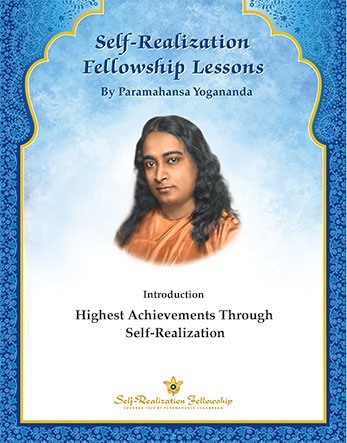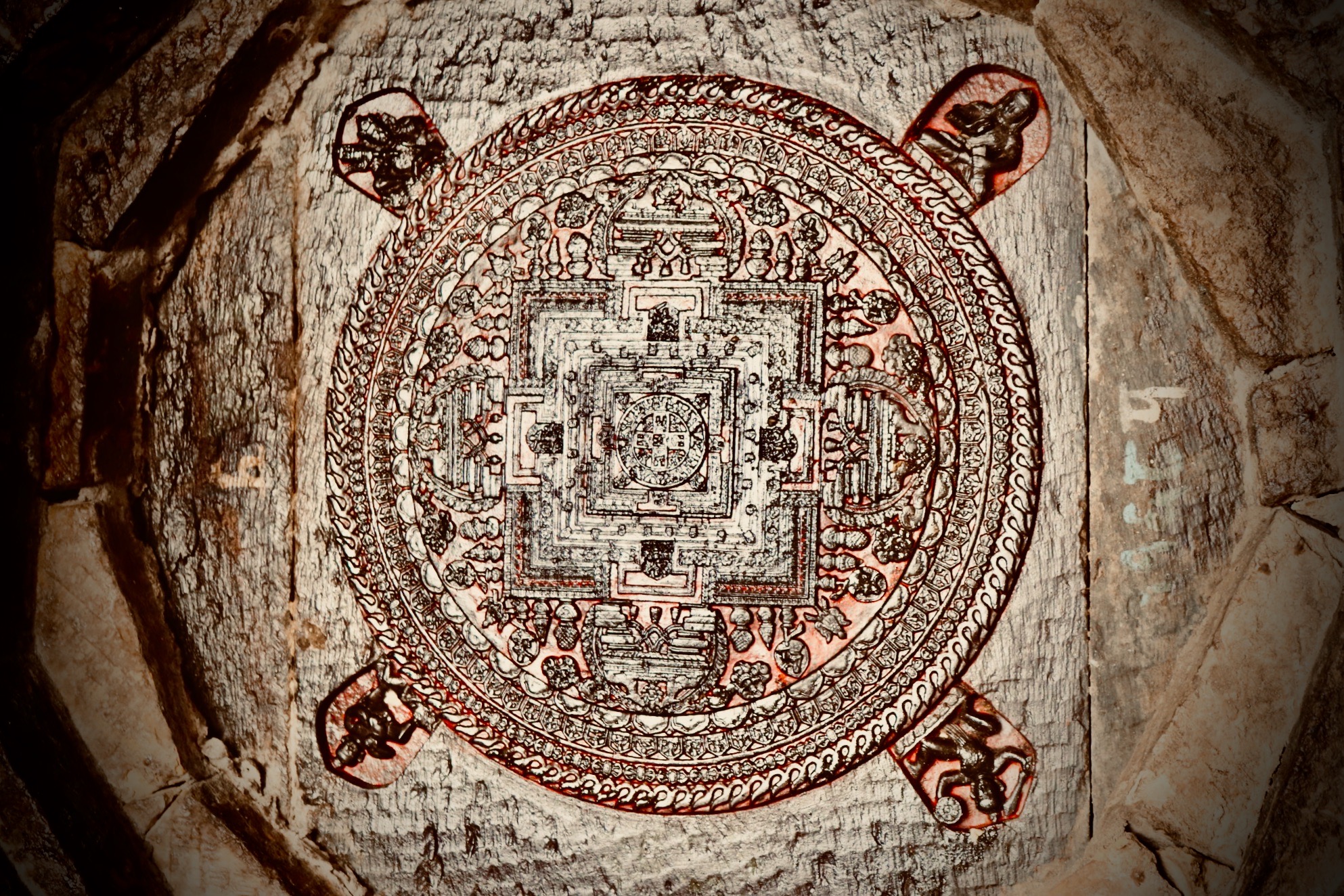
As my practice develops I thought it might be good to keep track from time to time of my daily sadhana routine. Here’s what I’m doing at the current time.
Morning Practice
Now that the holidays are behind us, I do my best to rise around 6:30 AM Central Time. This gives me an opportunity to brew coffee for the family, and spend some time in meditation before the day begins in earnest and the kirtan stream from Brooklyn begins at 9 AM Eastern.
Silent Mantra Meditation – Usually while coffee is brewing I sit for my first meditation of the day. I begin with a short prayer of invocation and some breath work. Some days it is just a few deep breaths or cyclical breathing, some days I also include a couple minutes of breath of fire to really clear out the CO2. Then I begin the mantra repetition, and continue for twenty minutes or so. At the end I bring my hands into prayer mudra and give thanks for another day in this life.
Daily Draw – I have been in the habit for nearly two years of drawing a Tarot card each morning, reflecting and journaling. These daily draws are the practice that first brought me out of the darkness. They led me to sobriety, meditation, and the other habits and resources that have helped me develop. They’re still teaching and guiding me.
Office of Readings Combined With Lauds – I began the daily scripture and prayer discipline of the Divine Office for Lent 2020. In prior years I have left off the practice at Easter, but this time continued with it.
Daily Word – This short daily reflection from Unity has been a source of great comfort and encouragement to me since I began reading it in May of 2019. It’s uncanny how the messages and scripture passages so often relate to things in my life, and also relate to the scriptures in the Divine Office, and to the card that turned up that day.
Gratitude – This is the time that I set aside to write down a few things for which I am especially grateful. Sometimes they will be things that have presented themselves already in the morning, or sometimes they are things that I remember from the prior day. I find that starting each day with gratitude and thanksgiving is the foundation for a happy life.
In all, these morning devotional practices usually take less than an hour, and they help me bring a calmer mind and a better sense of purpose to everything that I do for the rest of the day.
Morning Chants
At 8 AM my local time, Devadas’ Daily Kirtan begins streaming. I find that hearing and chanting these ancient names of God have brought innumerable graces into my life. The main benefit of the practice, for me, has been surrender.
There’s a great story about Swami Prabhupada. He had come to New York City at the age of 70, with little money, no connections, and no worldly support. His guru had told him to spread the practice of bhakti to the West. At his lowest point, he wrote a poem saying that though things looked hopeless, he trusted that there must have been some reason that the Lord had brought him to America. His words were to the effect of “very well, Krishna – make me dance as you wish.”
I cannot explain how bhakti works in this way, but it does. When one feels like a feather on the breath of God, everything in life is sweeter and easier.
Evening Practice
I’m a lot more flexible with my practice later in the day. Without fail I pray Vespers each day. I nearly always spend twenty minutes in meditation as well, and lately we have been praying a Family Rosary before bedtime. I’ve also been delving into Paramahansa Yogananda’s lessons lately, and beginning to learn some of the techniques that he taught. These afternoon and evening practices are a lot less routine and fixed for me, though. I depend on the morning practice to do the “heavy lifting” and am able to just enjoy whatever I do later in the day as it comes. In this respect it’s something like the combination of a structured fitness regimen and open gym.
Other Times of Day
I may spend time in meditation or other edifying activities of some sort at other times of the day as well. This might be a short break for meditation, prayer or (most often) chanting.
But I set aside specific time for practice morning and evening each day without fail. I only wish that I had developed the habit in the days of my youth.
Do you have thoughts or questions? I love to read your comments.


 It strikes me that one of the most important things to bear in mind when beginning any spiritual practice, but particularly meditation, is the word “practice.”
It strikes me that one of the most important things to bear in mind when beginning any spiritual practice, but particularly meditation, is the word “practice.”

 One of the very first things that I learned to do when I began to change my life was to begin keeping a gratitude journal. This incredibly simple practice can have a profound effect on one’s happiness and well being.
One of the very first things that I learned to do when I began to change my life was to begin keeping a gratitude journal. This incredibly simple practice can have a profound effect on one’s happiness and well being.